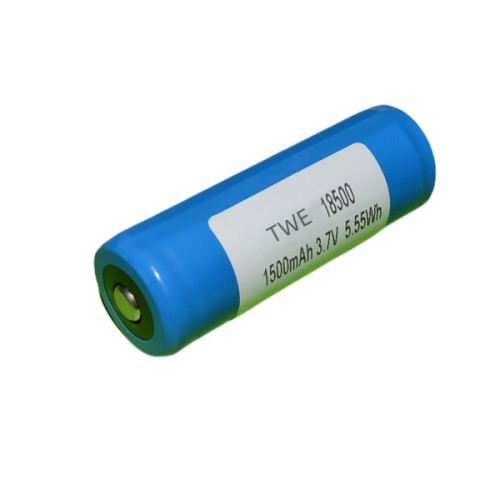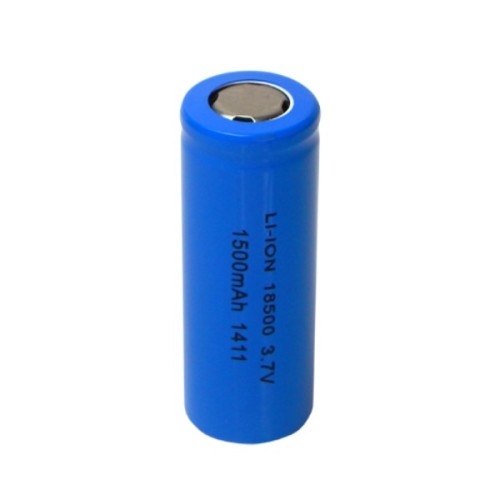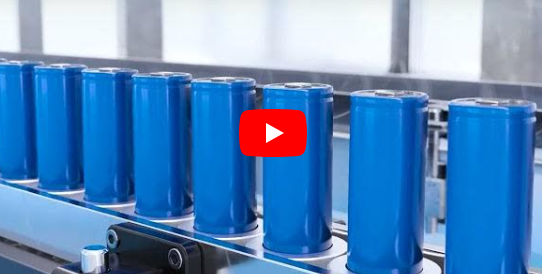CATL recently unveiled a groundbreaking innovation in battery technology - the world's first lithium iron phosphate battery with 4C ultra-fast charging capability. This remarkable battery can provide a range of "800 miles to rush" on just a 10-minute charge.
The Global Expansion of Lithium Iron Phosphate:
Lithium iron phosphate has emerged as a leading battery technology route in the Chinese market, thanks to continuous research and development efforts by Chinese companies. With advancements in materials, structures, systems, and manufacturing, lithium iron phosphate batteries have gained widespread adoption across high-end and low-end markets.
Caution in Overseas Markets:
While the lithium iron phosphate technology is still in its early stages in overseas markets, companies in Europe, America, Japan, and South Korea are beginning to take notice. However, their actions in this field are still tentative and exploratory. The rapid growth of Chinese lithium iron phosphate batteries in overseas markets is expected to create pressure for overseas car and battery companies.
Overseas Battery Companies' Perception:
Overseas battery companies are still cautious about embracing lithium iron phosphate technology. Samsung SDI recently announced plans to establish South Korea's first lithium iron phosphate battery production line but remains uncertain about its application field. Similarly, LG New Energy is developing a higher-performance lithium iron phosphate battery but faces challenges due to its higher cost compared to other options.
Competitiveness and Market Potential:
Lithium iron phosphate has gained an advantage in the Chinese market due to its affordability and safety. LG New Energy's pursuit of higher energy density comes at a higher cost, raising questions about its market competitiveness. However, Chinese manufacturers already have higher energy density lithium iron phosphate and manganese iron lithium batteries in mass production, ensuring their continued advantage.
Adoption and Collaborations:
Leading car manufacturers, including Tesla, Volkswagen, Daimler, Ford, Hyundai, Stellantis, Toyota, Honda, and Rivian, have expressed their intention to adopt lithium iron phosphate batteries due to their price competitiveness. This shift in demand has led to increased exports of lithium iron phosphate batteries from China.
Global Expansion Efforts:
CATL's partnership with Ford to establish a lithium iron phosphate battery factory in Michigan represents a significant milestone as the first overseas car company undertaking such a project. Chinese battery manufacturers like Guoxuan Hi-Tech have also announced plans to build lithium iron phosphate battery and material factories in Vietnam, Argentina, and North America.
Exploring Phosphate-Based Technologies:
Chinese companies are actively exploring other phosphate-based technologies, such as lithium manganese iron phosphate, which offer higher energy density and improved performance. This diversification ensures a steady supply of lithium iron phosphate materials and paves the way for future advancements.
Impact on the Industry:
As lithium iron phosphate batteries gain traction in international markets, their price competitiveness is expected to reshape the market structure for car companies and energy storage sectors worldwide.
CATL's introduction of the lithium iron phosphate battery with ultra-fast charging demonstrates the continuous advancements in battery technology. With its affordability, safety, and growing adoption by overseas car manufacturers, lithium iron phosphate is poised to play a crucial role in the future of the battery industry.
 The Future of Portable Power: Advancements in 18500 Li-ion Battery Technology
The Future of Portable Power: Advancements in 18500 Li-ion Battery Technology
 Choosing the Right 18500 Li-ion Battery for Your Business
Choosing the Right 18500 Li-ion Battery for Your Business
 LiPo Batteries and Sustainability: Navigating Environmental Impact
LiPo Batteries and Sustainability: Navigating Environmental Impact